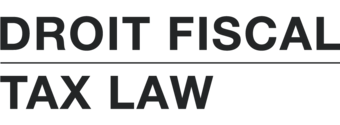
Photo by Dan Burton on Unsplash
GST registrants can claim input tax credits (“ITCs”) on purchases made in the course of their commercial activities. These ITCs can be used to offset the GST that they are required to collect and remit. In situations where the ITCs exceed the GST collected, registrants are entitled to a net tax refund.
Although this system may seem straightforward, there are many pitfalls, starting with the requirement under the Excise Tax Act (“ETA”) to keep adequate documentation. Under subsection 169(4) ETA, in order to claim an ITC, a registrant must, before filing the return in which the ITC is claimed, obtain “sufficient evidence in such form containing such information as will enable the amount of the input tax credit to be determined, including any such information as may be prescribed”. The Input Tax Credit Information (GST/HST) Regulations specify what is meant by prescribed information, depending on the amount paid or payable for the supply.
The Tax Court of Canada recently had the opportunity to clarify the documentation requirements for ITCs. In the case of CFI Funding Trust v. The Queen,[1] the Court took the view that “supporting documentation” for an ITC claim does not always have to be issued or signed by the supplier, but only when the regulations specifically so require. When the regulations do not specifically impose that requirement, as long as the documentation contains all the necessary information, that is sufficient.
[1] 2022 TCC 60.
